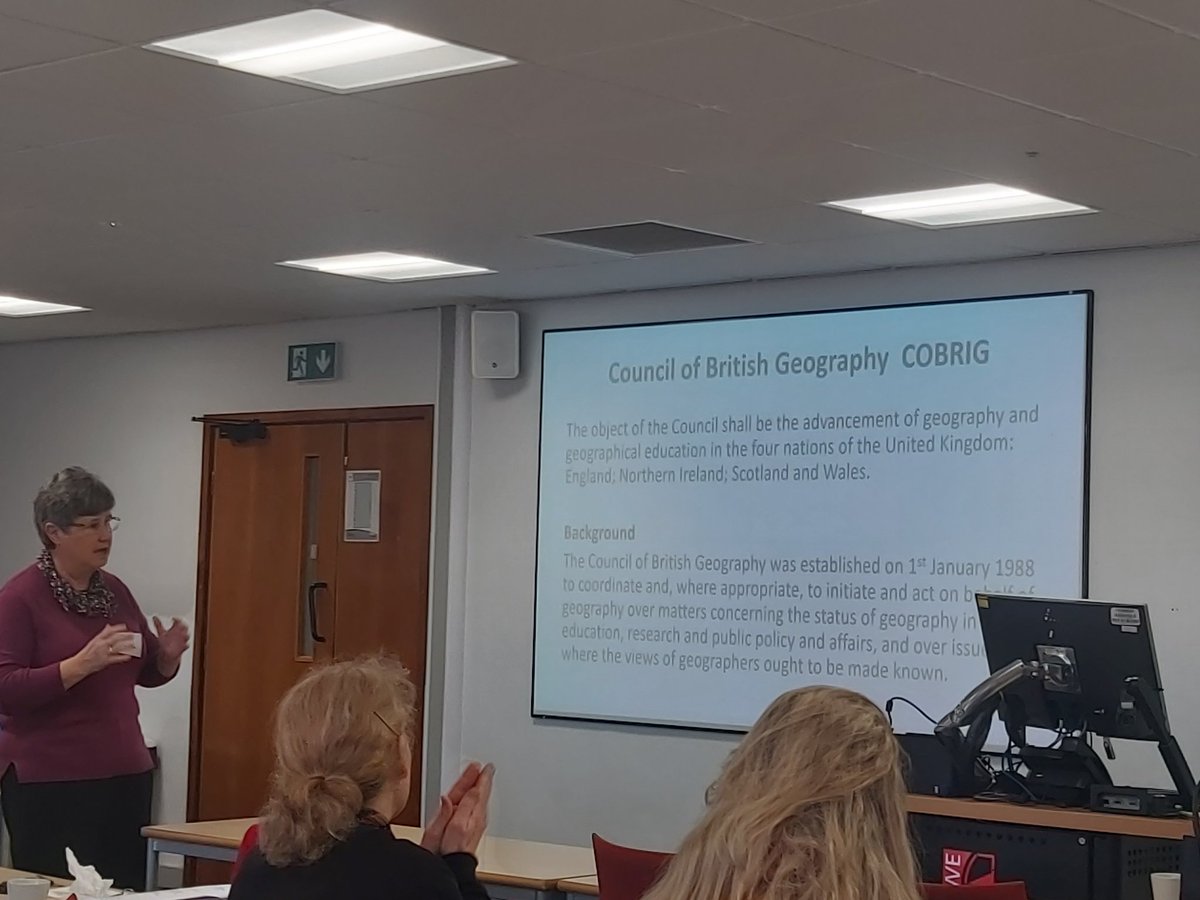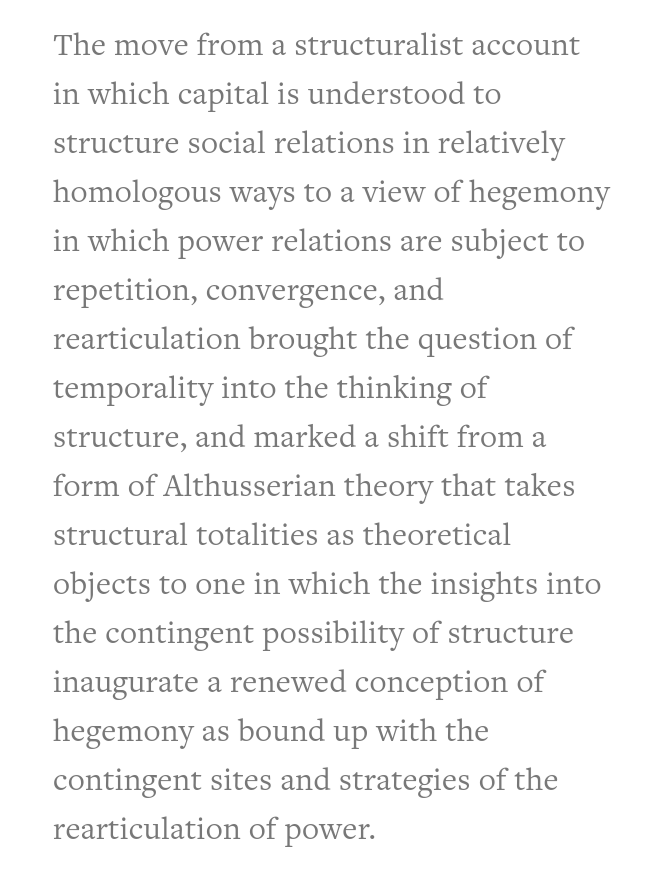It's been over a year in the making but yesterday saw @healey_r open the #GeogEdLaunch of the @GeogEd_RGS with a remit for all things Geography and Education, across ages and bringing together pedagogic research, geography education and geographies of education. 

We had three keynotes, first from @peterkraftl on the geographies of education... 



Next from Jenny Hill on her work and other's work crossing between geography education and geographies of education 







And @GAChiefExec on how we might think about the relationships between the academic discipline of geography, the school subject and geography education research and the implications of thinking in different ways. 





All three set a wide context of diverse existing international and uk-based work, as well as locating their own work and experiences, and offering thoughts on possible avenues, connections and challenges the group may explore. 

Later I was in one of two incubator discussion - here about the role of COBRIG, hosted by Chair Pauline Kneele, the Council for British Geography, thinking about its place and role with invitations for suggestions about its focus. 



The room raised suggestions about visibility, diversity and inclusion, admissions, teacher training. We also heard about new initiative Geographers in Government and thought about British demographic trends and what the implications might be for the geogs of geography education.
In the afternoon we had three paper sessions. Here we had Giulia Chiara Ceresa with fascinating work on outdoor learning including live-action role playing games (LARP) and thinking of the learning environment as a co-protagonist 

@thiagobp0 spoke about his work on children's geographies and early child education in Brazil with ethnographic sensitivity and ideas around existential justice and spatial lovingness. 

John McKendrick and Lauren Hammond spoke about the ongoing importance, difficulties and impacts of taking a truly children's geography perspective in geographies of education. Examples of child poverty, free school meal take up explored. 



@EllenLauraB took is through some really interesting early analysis from her work with pupils who speak multiple languages (across home/school), and challenges of a lack of formal definition, training for and funding for pupils with 'English as an Additional Language' (EAL). 

Later we had a 'liquid cafe' (no drinks involved) dialoguing around a series of questions. Important themes emerged, as through the day, on decolonising geography, diversity, sustainablity and the anthropocene, justice and transitions. 

Today groups are working on a series articles to articulate a history of the Higher Education Research Group, the change to the Education & Research Group and sketch out ideas around communities of practice, research interests and offer tentative thoughts on where this might go.
For more see geogedrg.org
• • •
Missing some Tweet in this thread? You can try to
force a refresh












